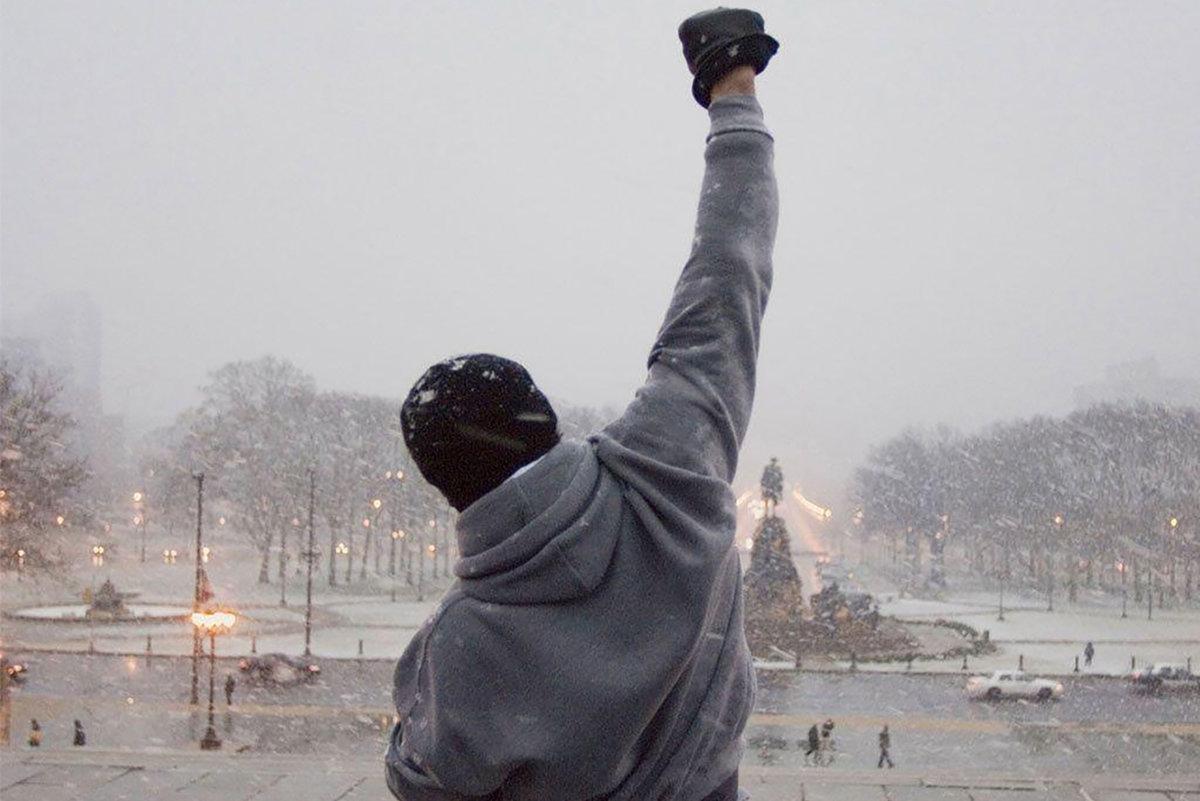America loves an underdog. But America also loves to predict a winner. Wise commentators offer complex analyses to predict who the winner, in all probability, will be. Yet America is often wrong.
Think back to the 2008 primary. Everyone predicted Hillary would beat Obama. Then think back to the 2016 primary. Almost every reporter predicted Jeb Bush would be the Republican nominee for President. Then recall the actual 2016 election. Prognosticator after prognosticator, predicted Hillary would beat Trump. Obviously, there are many reasons that didn’t happen. But still, so many were wrong.
Now, let’s talk football. This playoff season has been one of the most exciting in ages. Talk about upsets. Virtually no one predicted that not one of the three legendary quarterbacks (Brady, Rogers and Mahomes—young but still legendary–) would go to the Super Bowl this year. I read article after article. “There is no way that the Bengals will beat Tampa Bay.” And then, “There is no way that San Francisco will beat the Packers.” “And there is absolutely no way the Bengals will beat the Chiefs.” Well, there was a way. And they did. (Also, as an aside, remember that Brady was the 199th draft pick. No one expected much of him.)
There are so many examples of underdogs coming from behind for spectacular wins. There was the 1913 Kentucky Derby horse Donerail’s shocking 91-to-1 odds upset. In the Olympics, probably the biggest upset is still the “Miracle on Ice” in 1980 when the US beat the Russian hockey team and then went on to win the Gold by beating Finland. A close second was Tara Lipinski’s win against Michelle Kwan. In the Oscars, there’s the making of the movie Rocky. Stallone had almost no money and kept peddling the movie—even saying no when one studio said it would buy it but not allow him to act in it. The rest is Oscar history.
Then there are those rags to riches stories. Oprah, born in poverty, becomes the first African American billionaire.
So, what is the moral of these stories? We aren’t as smart as we think we are. Pundits often engage in analysis paralysis. Anything can happen. Sometimes the frontrunner caves under pressure. Sometimes the underdog rises to the occasion. Sometimes we root for the underdog unless it means our team loses. Sometimes we want the so-called “elites” to be wrong. To put them in their place. One of the reasons Trump won is because he wasn’t a politician. People were weary of so-called “expert” politicians. Sometimes we root for the underdog because we want things to be fair. Why are so many against the Yankees? Because often their payroll was so much bigger than every other team’s.
Then there is the romance of the underdog taking over the behemoth. Think Tesla now being worth more than GM. Or IBM vs Microsoft vs Apple. Things get much more complicated when the underdog takes over market share and no longer retains that title.
But the other moral is that we shouldn’t give up on our dreams. Even if there are a million reasons why it will be a tough ride—an almost impossible climb. Anything can happen. We love the underdog because it gives us all hope. That hope that springs eternal. And as Rocky once said, “Every champion was once a contender who refused to give up.”
Maria Grant was principal-in-charge of a Federal human capital consulting practice of an international consulting firm. While on the Eastern Shore, she focuses on writing, reading, piano, gardening, nature, and travel.



Write a Letter to the Editor on this Article
We encourage readers to offer their point of view on this article by submitting the following form. Editing is sometimes necessary and is done at the discretion of the editorial staff.